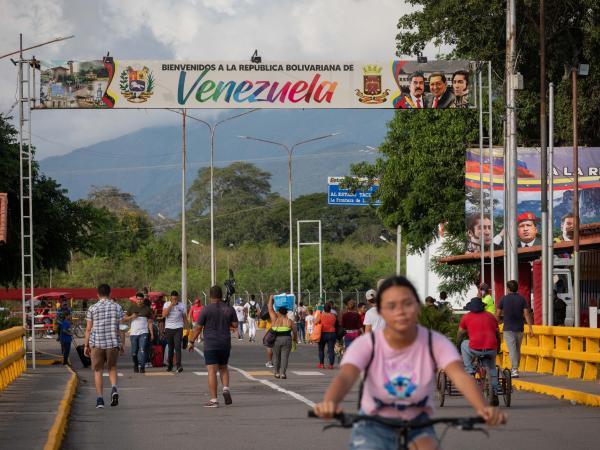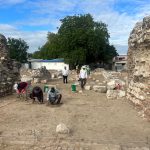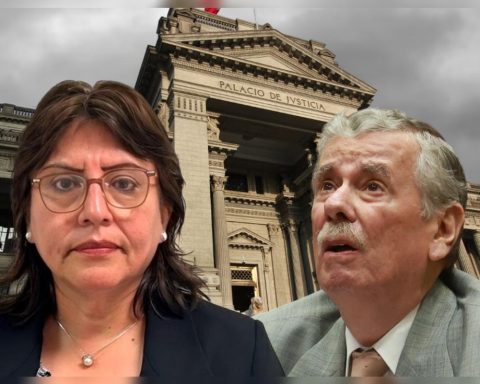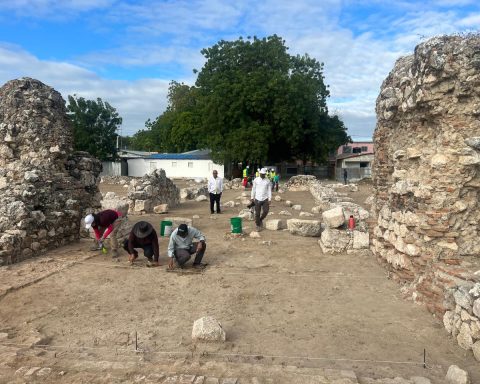In just over a month at the helm of the country, the Government of President Gustavo Petro is still shuffling its cards and configuring its political power to meet its mandate line, however, one of the most representative situations of recent times, Venezuelan migrationstill does not receive all the spotlights.
(Dollar: what are the reasons for its ups and downs in recent days).
This, despite the fact that the reestablishment of diplomatic, political and commercial relations with the neighboring country was one of the priorities in the first weeks of the mandate, as was reflected in the recent reopening of the border between Norte de Santander and Táchira.
This was stated in the new migration report prepared by the Venezuelan Observatory of the Universidad del Rosario and the Konrad Adenauer Foundation. “The immigration issue has lost the relevance it had in the past two administrations. I think we’re going backwards on boarding. It must be said in capital letters,” said Ronal Rodríguez, spokesman for the Venezuelan Observatory.
In this sense, the analysts elaborated a series of ten key points in which the central government must pay attention in relation to Venezuelan migration, one of the ones with the greatest impact in the country.
(United States economy falls 0.6% in the second quarter).
The challenges
By way of context, the first point is to recognize that Venezuelan migration already totals 2.48 million citizens of the neighboring country in Colombia, that is, 36.41% of the diaspora of 6.8 million by August 2022, from agreement with the Interagency Coordination Platform for Refugees and Migrants from Venezuela, R4V.
This migration policy, they highlight, is being developed in the background, with few pronouncements from the Executive, except for the recent phrases in the framework of the commemoration of the border reopening. Yesterday the new director of Migration Colombia, Fernando García, was just appointed and the appointment of the border manager remains. “The size of the challenge that represents integrating more than 2.4 million Venezuelans, equivalent to about 5% of the national population, does not allow more delays,” the report outlined.
In fact, in the recent revival of relations, he did not refer to human mobility, which needs to be addressed with special emphasis on border regions.
One of the bets of the new government lies in strengthening its social commitments and achieving “total peace” within Colombian territory, a task that the analysis specified, “it is not possible” with migrants at risk of forced recruitment.
One of the strategies of the Duque government was the creation, design and delivery of temporary protection permits (PPT) to migrants who have completed their regulation process, this document allows them to be linked to Colombian society, allowing them to open bank accounts and enter the health system, among other benefits.
The Petro government, the report suggests, should employ massive shifts to speed up the document delivery process, which has not yet reached the 1,800,000 citizens promised by the previous mandate. To date, 1,440,235 have been delivered, according to the Colombian Migration website.
Even so, a million of this document would still need to be delivered when taking into account the 2.4 million people who have completed the Unique Registry of Venezuelan Migrants (Rumv).
This emphasis, the report stressed, is produced for the purpose of boost the affiliation of this population to the health system, which grew 13.48% in the affiliations of this population between June and September, going from 799,757 registered to 924,391.
“In health care we are going in the right direction. The growth is significant and in educational matters, quite a few successes are being achieved,” Rodríguez mentioned.
Roberto Casas-Lugo
BRIEFCASE


















